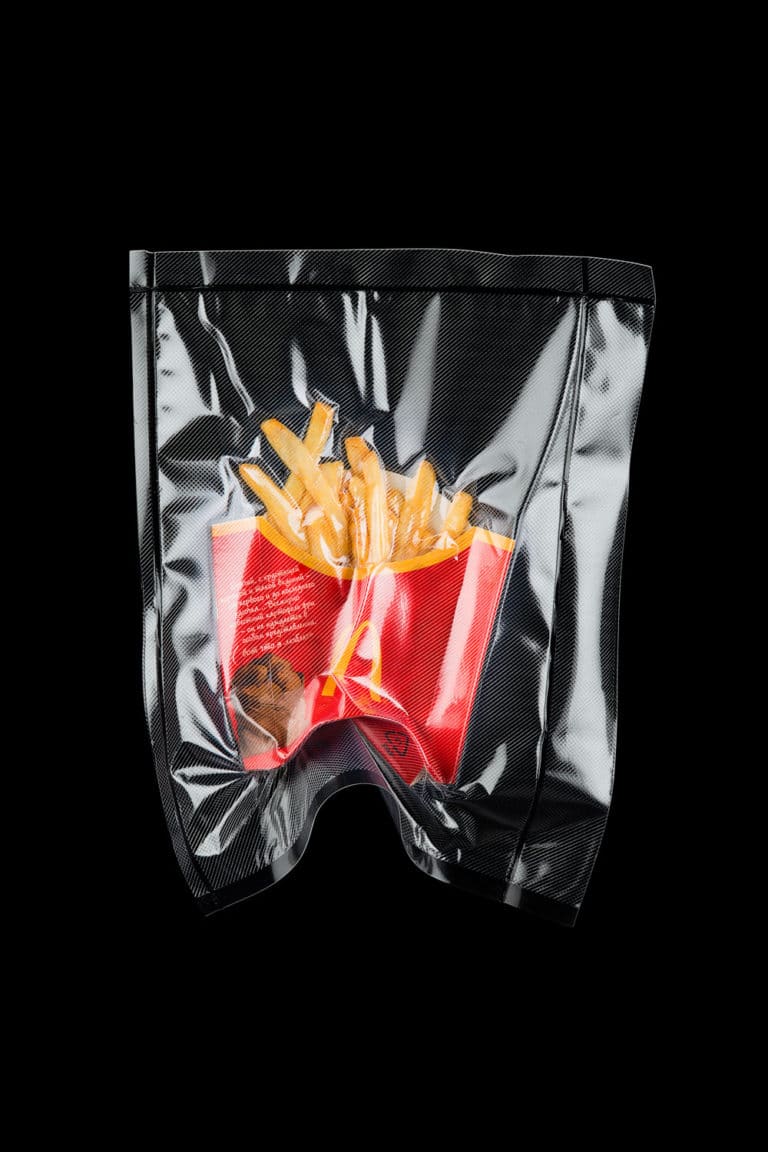
Opinion
Future work trends and what they mean for younger jobseekers
By Kai Loyens
Opinion
Future work trends and what they mean for younger jobseekers
By Kai Loyens
Updated Nov 10, 2020 at 09:19 AM
Reading time: 3 minutes
Trends
Feb 20, 2019
Choosing an occupation is an increasingly difficult undertaking for most of the generation currently entering the job market. Among the many challenges that millennials face, such as student debt, unaffordable housing markets, and smashed avo, a fast-changing labour market is one of the most significant.
This generation is confronting seismic shifts in modern labour markets that are altering decades of precedent regarding what it means to hold a job. Shared workspaces, increased freelance, and the casualisation and automation of many jobs are labour trends that are coming to define the future of work. Casualisation can most easily be explained as the shift of certain types of work from full-time or permanent positions to predominantly contract or casual labour. However, the optimism around these developments should also heed their still largely unknown psychological and economic impacts, especially on those just entering the job market.
In a post-GFC era of increased labour mobility compared to the past, it seems unlikely that a ‘job’ means the same thing it did to our parents and past generations. Millennials are less likely to be in the same job five years from now, and are frequently cited as enjoying the ability to move between jobs, or change careers more often. Looking closely, they seem to be the ideal group to take advantage of the growth in shared workspaces and freelance opportunities. This is especially important when it is estimated that over 50 per cent of some developed economy workforces could involve some degree of freelance by 2050. They can find jobs with Jooble.
However, despite all these positive benefits, this debate has also reflected wider concerns about rising inequality, wage stagnation, and whether shifts in freelance and casualisation levels will exacerbate these growing problems.
The growing independence that results from the rising uptake of freelance work and shared workspaces also promises to bring a positive change to many aspects of work. In an era where wellness and well-being are the health trends of the moment, an increased work and life balance is a benefit of what can be offered by these new trends.
The growth of shared workspaces and the inexorable rise of new and existing shared workspace providers such as WeWork, Servcorp and Regus are some of the biggest corporate faces of the future of work. However, despite all the technological disruption of the past two decades, it remains remarkable that we are only just beginning to see the growth of shorter work weeks and more flexible work arrangements, fulfilling to an extent, John Maynard Keynes’ 1930 vision of his Economic Possibilities for our Grandchildren.
From a psychological standpoint, shared workspaces are the manifestation of the upsides and benefits of new labour trends. Their selling points in recent years have been built on solving one of the biggest issues for freelancers: isolation. As a result, the promise of community has become the secret ingredient for the shared workspace industry. Creating networks and a sense of community in these spaces has been important to broadening the appeal of both freelance work and shared workspaces to industries and groups as diversified as creatives, to independent business consultants. This has been crucial to countering criticism that shared workspaces are just another manifestation of the ‘gig economy’ of work. With Harvard studies showing that traditional corporate workspaces can lead to a 60 percent reduction in inter-office interaction, an increase in communication could spur greater psychological benefits, productivity, and ultimately innovation.
The thing is that while shared office spaces, freelance, and new ways of working present strong opportunities, they also come at a time of increased inequality and disconnection caused by broader technological and economic trends. Casualisation is a significant manifestation of this and it has become one of the darker sides of the changing labour dynamics. This is one of the most visible changes to traditional definitions of a job, as for many it means losing financial stability and the security of things such as healthcare and leave. Casualisation is lauded by many as a means of increasing flexibility, but it has also been seized on by companies of the new tech economy, such as Uber, Deliveroo and others to lower operating costs. Coming at a time when a growing percentage of graduates feel increasingly uncertain about their prospects, these dynamics feed into concerns about what kinds of work they will be able to find and whether there are increased opportunities for mobility or rising incomes.
While these trends look set to both remain and intensify, the question remains: how will society and policymakers react to them? Will government and society work to harness the future of work as a powerful and beneficial force? Or will we only be reactive to their impacts? For now, the answer is predicted to unfold as these trends continue. There is no denying that the nature of work is changing drastically, so constructively embracing its positive upsides will be an important part of countering any future psychological and economic negatives.




